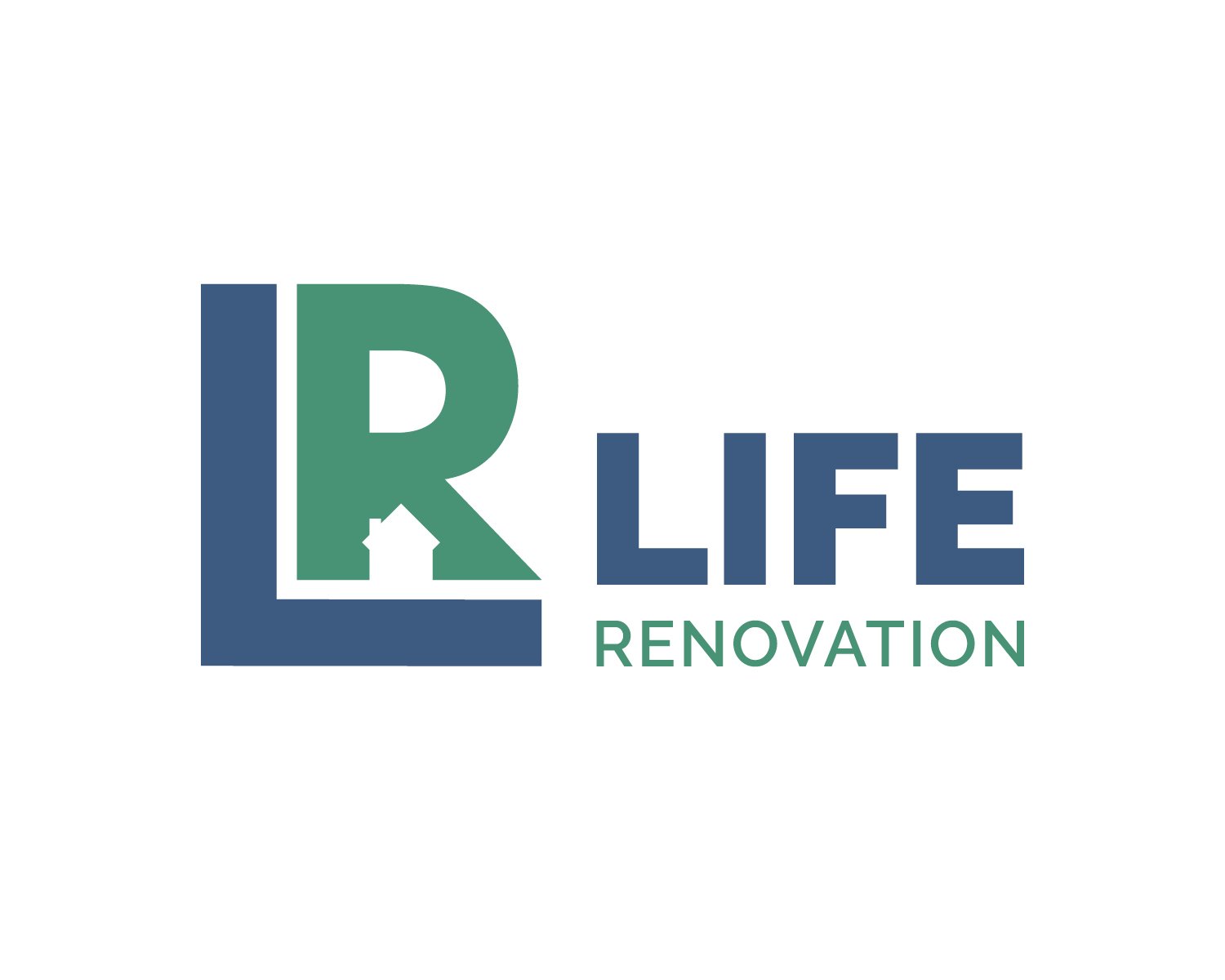Do not be anxious about anything, but in every situation, by prayer and petition, with thanksgiving, present your requests to God. And the peace of God, which transcends all understanding, will guard your hearts and your minds in Christ Jesus.” – Philippians 4:6-7 (NIV)
Anxiety is one of the most common struggles people face, often leaving them feeling overwhelmed and powerless. In Philippians 4:6-7, Paul encourages us to bring our anxieties to God through prayer, reminding us that God’s peace is available to guard our hearts and minds. This aligns with modern counseling practices that emphasize the importance of mindfulness, gratitude, and active problem-solving in managing anxiety.
1. Prayer and Mindfulness
Paul’s exhortation to pray in “every situation” mirrors what we now understand about mindfulness—a practice of grounding ourselves in the present moment. Mindfulness has been shown to reduce anxiety by helping us focus on the here and now, rather than spiraling into “what if” thinking. When we pray, we invite God into our present struggles and open ourselves to His peace.
Practical Application:
Set aside 5-10 minutes daily to practice mindfulness-based prayer. Focus on a simple phrase like, “God, I trust You,” as you breathe deeply, allowing the tension in your body to release.
2. Gratitude as a Shift in Perspective
Paul pairs prayer with thanksgiving, encouraging us to thank God even in challenging times. Gratitude has been proven to decrease stress and improve mental health by shifting our focus from what we lack to the blessings we have.
Practical Application:
At the end of each day, write down three things you are thankful for, no matter how small. This simple act can rewire your brain to notice the good in your life.
3. Cognitive Reframing and God’s Peace
Paul’s promise of a peace that transcends understanding resonates with Cognitive Behavioral Therapy (CBT), which teaches us to reframe anxious thoughts. By choosing to trust God’s control over our lives, we challenge the catastrophic thoughts that often drive anxiety.
Practical Application:
When faced with anxious thoughts, ask:
• Is this thought true? Even if it is true, is it helpful?
• What’s the worst that could happen, and how would I handle it?
• How might God already be working in this situation?
This process of reframing allows us to step back and choose faith over fear.
You are not alone in your struggles with anxiety. God’s peace is not a distant promise but a present reality you can experience through prayer, gratitude, and trust. Combine these spiritual practices with practical tools like mindfulness and reframing, and you’ll discover that God’s peace truly can guard your heart and mind.
How might you bring your anxieties to God today? What would it look like to lean into His peace as you navigate life’s uncertainties?
Feel free to share your reflections in the comments—let’s encourage one another on this journey toward peace and healing.

